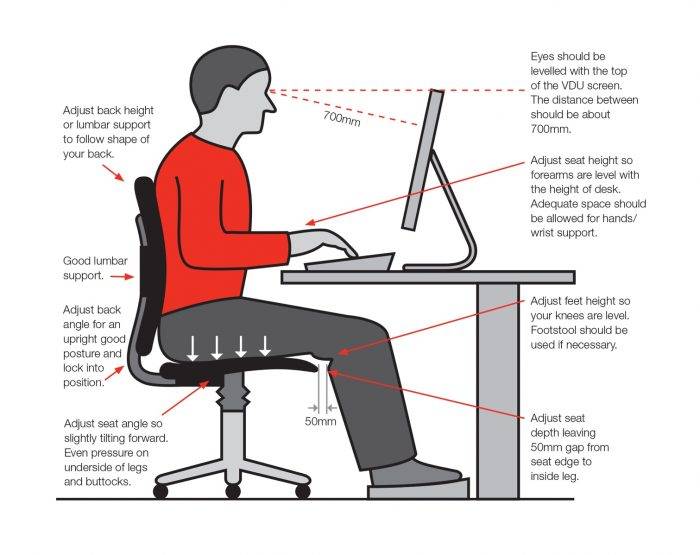February 17, 2019
Landlords must respond in new ways to the changing world of work
 Hammocks, remote working, hot-desking. Contrary to common belief, these aren’t the only conversations landlords are having with designers on how to approach their workspaces for today’s tenants. Rising property values, the growth of flexible offices and political uncertainty have forced landlords to change the way they market their properties to respond to the demands of occupiers. And with no sign of London’s commercial office marketplace calming in the near future, the need for landlords to remain flexible and create channels of communication with their tenants, remains strong. (more…)
Hammocks, remote working, hot-desking. Contrary to common belief, these aren’t the only conversations landlords are having with designers on how to approach their workspaces for today’s tenants. Rising property values, the growth of flexible offices and political uncertainty have forced landlords to change the way they market their properties to respond to the demands of occupiers. And with no sign of London’s commercial office marketplace calming in the near future, the need for landlords to remain flexible and create channels of communication with their tenants, remains strong. (more…)






 A lack of senior stakeholder support is the greatest inhibitor of change, new research suggests as despite considerable enthusiasm to innovate, organisations are being thwarted by tight resources and strong internal resistance. The data commissioned by KCOM found that organisations are also limiting themselves by turning away the specialist skills and experience that could help them advance, through overly predictive procurement processes. They are however, eager to be more competitive, which is why organisations are making big investments in innovation projects. Almost half (43 percent) consider driving digital transformation to improve competitive advantage to be their top priority in the next year. A further 32 percent are allocating at least 20 percent of their IT budget to new projects. Both public and private sector organisations are also taking an increasingly people-centric approach to digital transformation. In the next year, 80 percent said they would incentivise staff retention through training, accreditation and career development to deliver on their innovation strategy. This is compared to 71 percent who said they would do so by investing in new technologies.
A lack of senior stakeholder support is the greatest inhibitor of change, new research suggests as despite considerable enthusiasm to innovate, organisations are being thwarted by tight resources and strong internal resistance. The data commissioned by KCOM found that organisations are also limiting themselves by turning away the specialist skills and experience that could help them advance, through overly predictive procurement processes. They are however, eager to be more competitive, which is why organisations are making big investments in innovation projects. Almost half (43 percent) consider driving digital transformation to improve competitive advantage to be their top priority in the next year. A further 32 percent are allocating at least 20 percent of their IT budget to new projects. Both public and private sector organisations are also taking an increasingly people-centric approach to digital transformation. In the next year, 80 percent said they would incentivise staff retention through training, accreditation and career development to deliver on their innovation strategy. This is compared to 71 percent who said they would do so by investing in new technologies.



























March 8, 2019
On International Woman’s Day – why advancing women is still not a business priority
by Sara Bean • Comment, Legal news, News, Workplace
It has probably not escaped your notice that today is International Woman’s Day, which for Workplace Insight means a plethora of studies on the topic of women/jobs/salaries and ways women might work differently to men. We’ve decided not to waste anyone’s time and ignored most of them (particularly the patronizing ones on how ladies are so intuitive) but managed to find a few kernels of information. First, the good news that women have doubled their share of top jobs at technology companies, pulling in higher salaries than men last year, according to executive search firm Odgers Berndtson. (more…)